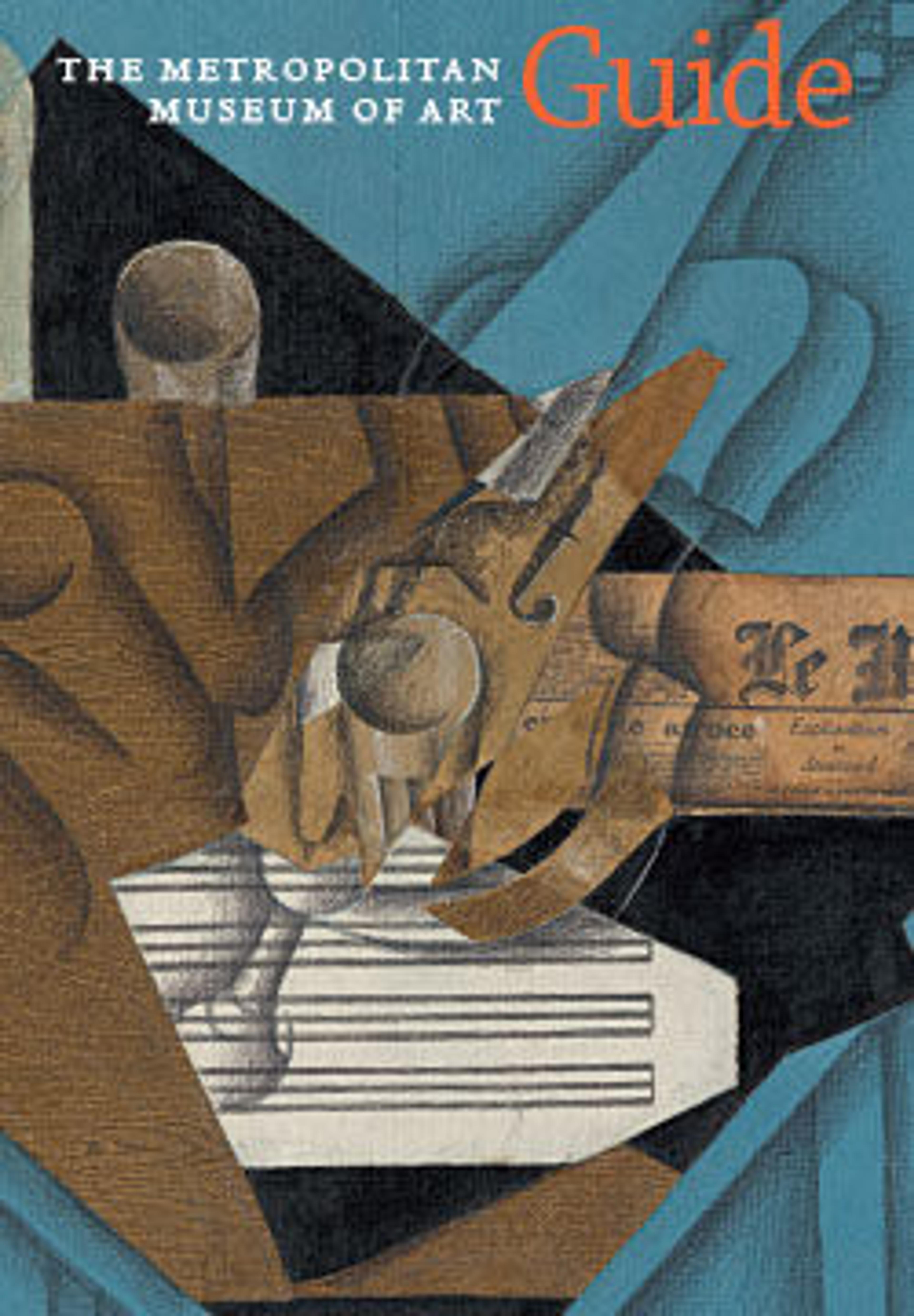English
Piazza San Marco
The most famous view painter of eighteenth-century Venice, Canaletto was particularly popular with British visitors. This wonderfully fresh canvas depicts the city’s most emblematic location, the Piazza San Marco. Canaletto reduced the number of windows in the bell tower and extended the height of the flagstaffs, but otherwise he took few liberties. In fact, his meticulous documentation of a stage in the square’s paving between 1725 and 1727 helps date this painting.
Artwork Details
- Title: Piazza San Marco
- Artist: Canaletto (Giovanni Antonio Canal) (Italian, Venice 1697–1768 Venice)
- Date: late 1720s
- Medium: Oil on canvas
- Dimensions: 27 x 44 1/4 in. (68.6 x 112.4 cm)
- Classification: Paintings
- Credit Line: Purchase, Mrs. Charles Wrightsman Gift, 1988
- Object Number: 1988.162
- Curatorial Department: European Paintings
Audio
5207. Piazza San Marco
0:00
0:00
We're sorry, the transcript for this audio track is not available at this time. Please email info@metmuseum.org to request a transcript for this track.
More Artwork
Research Resources
The Met provides unparalleled resources for research and welcomes an international community of students and scholars. The Met's Open Access API is where creators and researchers can connect to the The Met collection. Open Access data and public domain images are available for unrestricted commercial and noncommercial use without permission or fee.
To request images under copyright and other restrictions, please use this Image Request form.
Feedback
We continue to research and examine historical and cultural context for objects in The Met collection. If you have comments or questions about this object record, please contact us using the form below. The Museum looks forward to receiving your comments.
